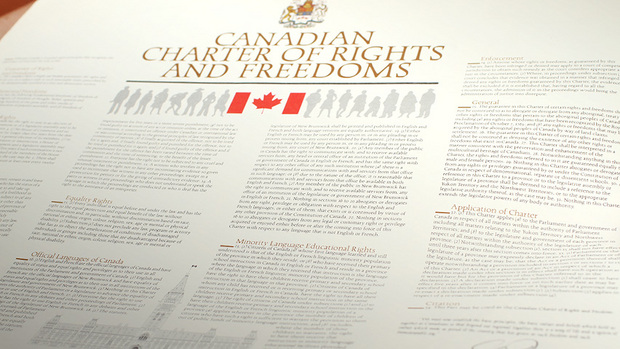Domestic assault is term you commonly find in the media. However there is no specific offence under the Criminal Code of Canada for domestic assault. Simply put, if your partner, wife, husband, girlfriend, boyfriend makes an allegation to the police that you have assaulted them, you will not charged with domestic assault, rather you will be charged with assault. Similarly, if there is alleged to be a weapon involved in the assault then you will be charged with assault with a weapon.
However, because of the prevalence and the impact domestic violence can have on victims and other family members, assaults that are domestic in nature are treated differently from other allegations of assault. As someone who is has received education in law and social work and practices criminal law here in Toronto, I have experience with the dynamics of domestic violence and how domestic violence intersects with the criminal law.
Domestic assault includes all charges of assault where there is an intimate relationship between the accused and complainant. Therefore, our courts constitute domestic assault as including relationships between opposite and same sex partners. Domestic assault also includes those partners involved in a dating relationship and those partners who are either married or in a common law relationship.
If you are charged with assault pertaining to a domestic relationship, the immediate implication is that you will not be permitted to have any communication, direct or indirect, with your partner. The sole exception to this no communication order would be if you had children with your partner. In these circumstances, a condition may be included that you may have communicate with your party through a mutually agreed upon third party for the sole purpose of arranging access to your children.
If you were living together with your partner, then there will a condition that you will not be permitted to return to the place of residence, except possibly for one or two visits for the sole purpose of collecting clothes and other personal belongings. If you are charged with assaulting your partner, you will be required to find a new place to live and it is not uncommon that you are required to reside with your surety or some other person the court deems to be appropriate.
If you are arrested and charged with assaulting your partner, it is unlikely that you will be released from the police station. You can expect to be held for a bail hearing, and if you cannot arrange an appropriate surety right away, you may be held in custody until you are able to do so or until your matter is resolved.
The conditions outlined above can have a detrimental impact both on the relationship between the alleged victim and the accused, and the relationship between the accused and other family members, such as children. The discretion of whether to proceed with a charge involving domestic assault lies solely with the Crown Attorney. Pursuant to the Ontario Crown Policy Manuel, it will usually be in the public interest to proceed with charges involving an assault of a domestic nature, so long as there is a reasonable prospect of conviction. Furthermore, the manual states that Crown counsel should exercise caution when determining whether a charge should be withdrawn at the request of the complainant.
If you are charged with assault involving your partner, you may have to wait 6 months or more to have a trial. During this time your bail conditions remain in effect and you will not permitted to have any communication, direct or indirect, with your partner. If you and your partner have children together, child access may have to be arranged, which may take time and may result in you incurring additional costs.
Often an accused person will feel pressured into entering a plea of guilty at an early date with a view of being able to return home and resume a relationship with his or her partner. Often the accused person will be ordered to enroll in a course addressing domestic violence or anger management. This scenario creates two problems. First, the accused person may be willing to plead guilty to an offence that he or she did not commit, the Crown Attorney cannot prove beyond a reasonable doubt, or where he or she had a defence available in law. Second, the accused person may be enrolling in a domestic abuse or anger management program because he or she is compelled to or is willing to do so only with a view of resuming the relationship. The impact any such course may have on a person will no doubt be not nearly as effective in these circumstances.
A significant difficulty with the directive in the Crown Policy Manual is that it does not give a voice to the victim, and it does not necessarily consider what might be the best interests of the victim or the family. That is not to say that we should minimize domestic violence and the impact on it has on the victims of domestic assault, particularly women and children. Domestic violence is a persistent societal issue, and as members of legal profession we have a responsibility to raise awareness of domestic violence and work towards addressing this issue. However in doing there needs to be more open dialogue and discussion between the alleged victim, the Crown Attorney’s Office, the police, the accused, and other family members who are directly impacted. The answer cannot be to just proceed with the charge or charges so long as there is a reasonable prospect of conviction.
Contact Me
If you have been charged with assault relating to a domestic relationship, contact me immediately for a free consultation.
Read more about domestic assault.
For more information about the Ontario Crown Policy Manual dealing with domestic violence click here.













